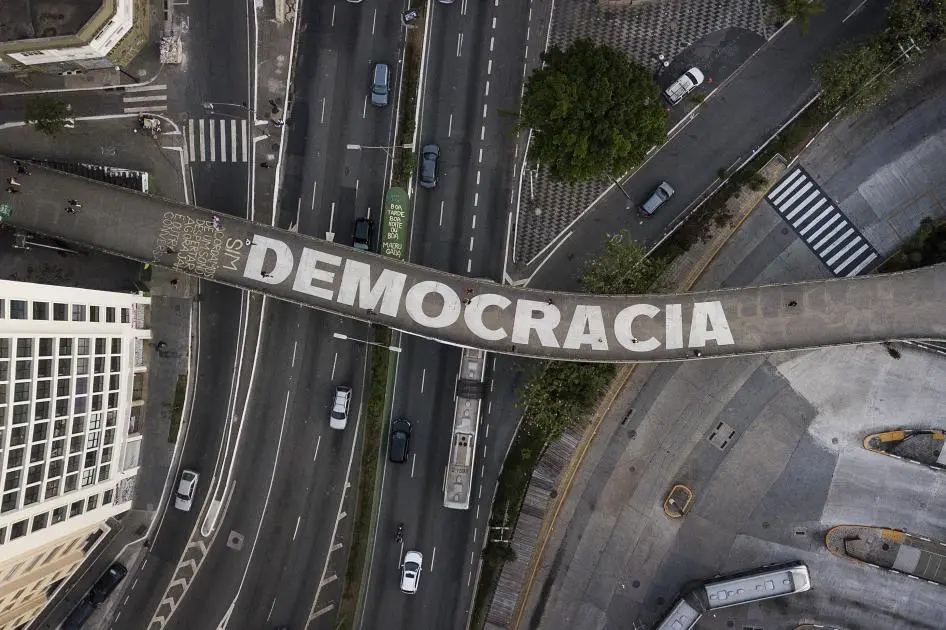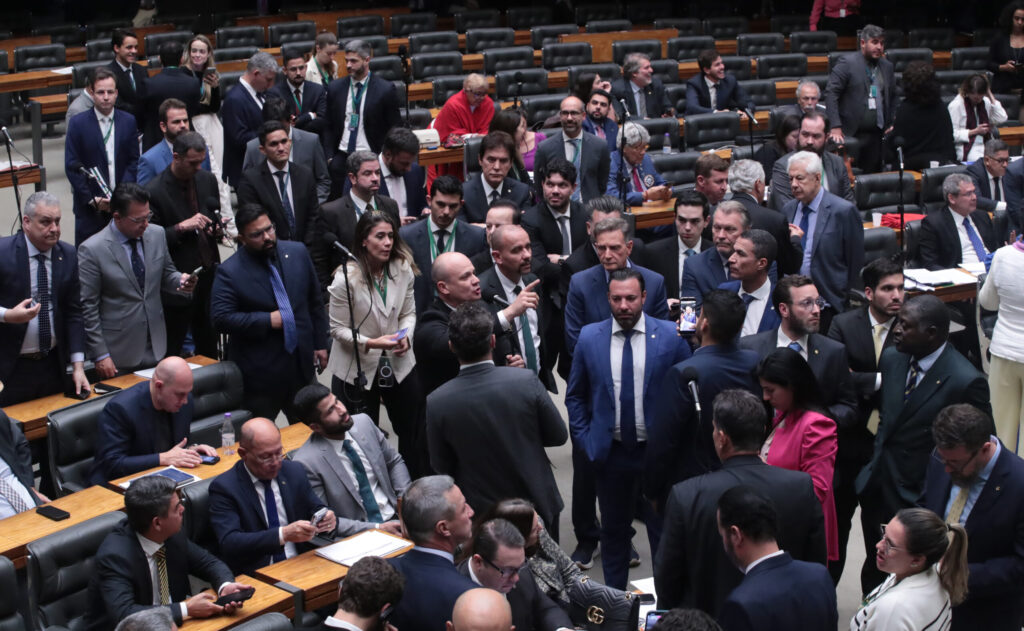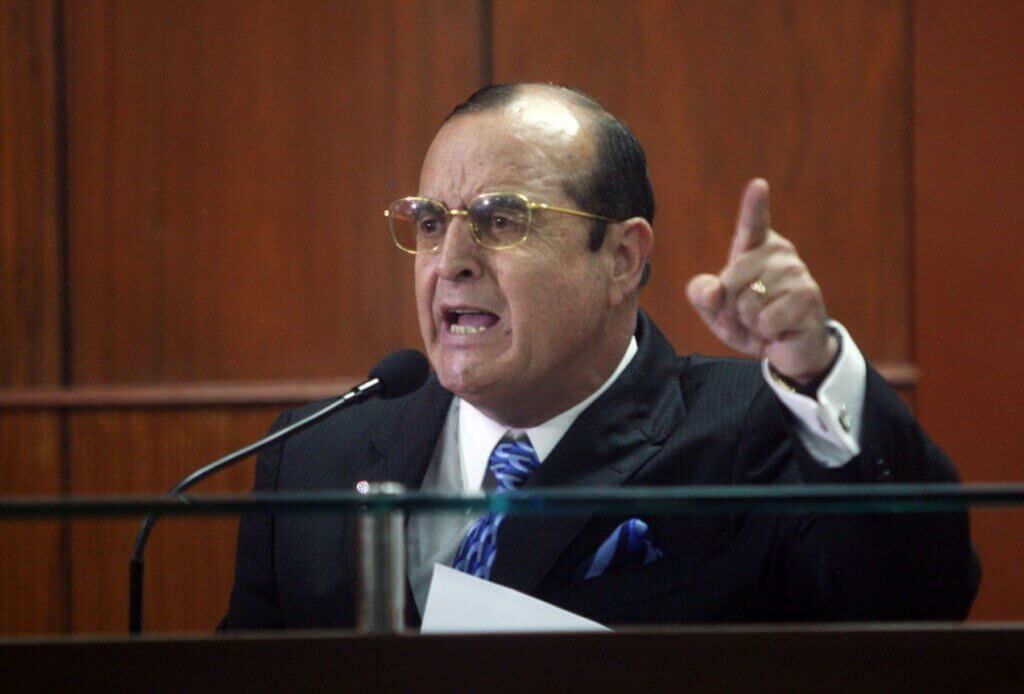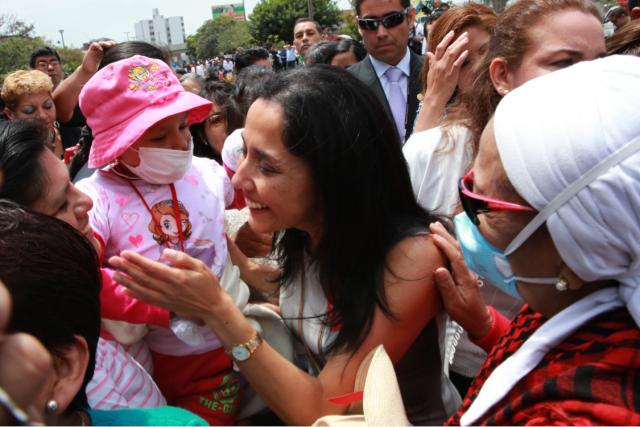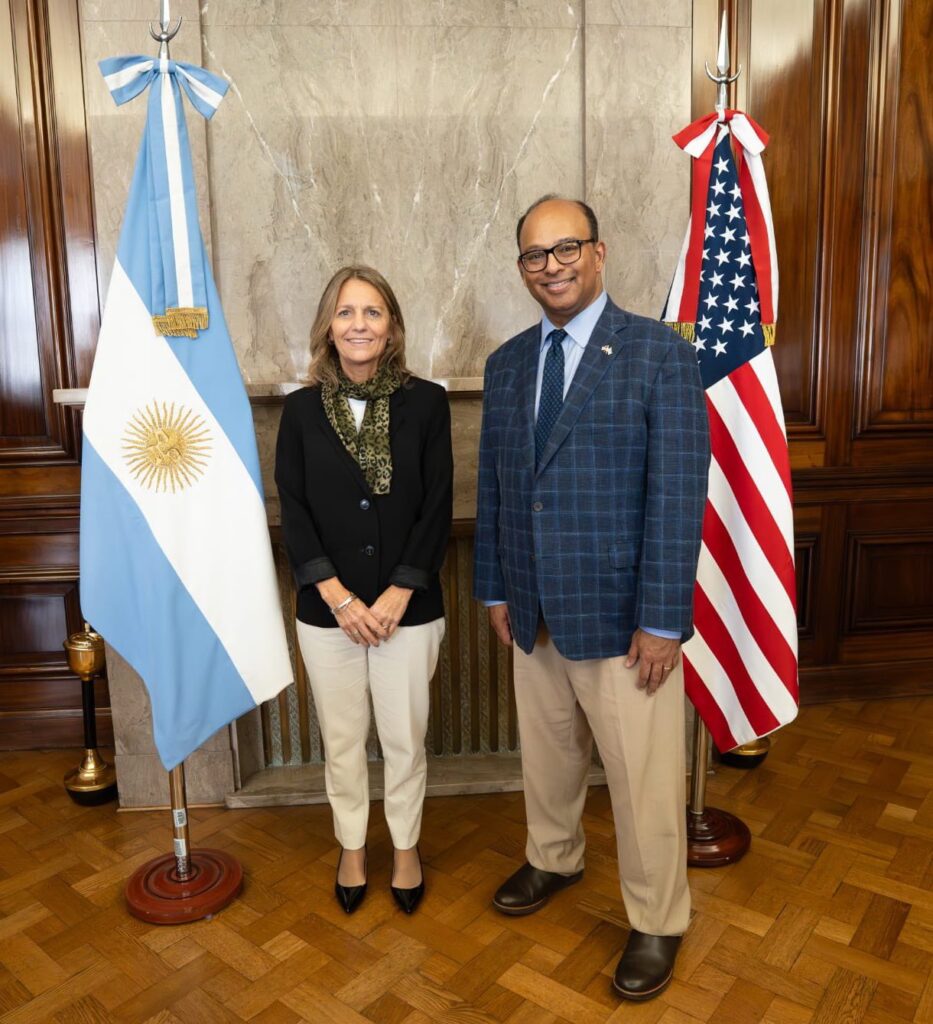The interplay between capitalist markets and democratic governance is facing growing examination and debate. According to the Global State of Democracy Report 2025 by the Stockholm-based International Institute for Democracy and Electoral Assistance (IDEA), 2024 marked the ninth consecutive year in which more countries experienced democratic decline than progress.
Democratic backsliding now spans all forms of governance, reaching capitalist nations once seen as immune – including the United States, as noted in a Cornell University report. Recent political and economic turbulence have cast doubt on whether capitalist market freedom still supports democratic stability.
The 10th Horasis Global Summit, themed “Harnessing the Power of Cooperation” will take place October 7-9 at the University of São Paulo. In bringing together more than 1,000 leaders- including ministers, business leaders, and academics from over 50 countries- one of the summit’s key debates aims at resolving the newly pressing question: do democracy and capitalism continue to work harmoniously, or are they drifting apart?
Decline of democracy in capitalist strongholds
The 2025 IDEA report, published annually, is considered the most comprehensive assessment of democracy worldwide. Covering 173 countries and tracking performance since 1975, it found that 54% of nations experienced declines in key areas such as representation and the rule of law, with press freedom showing the steepest erosion. Only 32% of countries demonstrated improvement.
A separate study by Cornell University researchers identified similar trends. Since 1990, they documented 38 countries experiencing democratic backsliding, half of those wealthy nations once deemed too stable to falter. Analysts note that capitalism and democracy are no longer seen as natural allies, as democratic decline spreads even to long-standing democratic powers.
Experts say these shifts are often hard to detect, developing gradually while deepening polarization and eroding public trust in institutions. “Threats are not emerging from dramatic military coups, military aggression or civil war, but from autocratic leaders leveraging democratic institutions – election officials, legislatures, courts and the media – to consolidate executive power,” researchers warned.
In July 2025, the Journal of Democracy published “Can Capitalism Save Democracy?”, a paper offering a counterpoint to recent concerns about democratic backsliding. The authors argue that “there is overwhelming evidence that a strong private sector and free markets are central to democratic resilience.”
A vibrant, independent, capitalist market is not a threat to democracy per se, according to the journal’s scholars. Rather, it is one of its strongest safeguards.
Democratic decline is tangible, but the problem does not lie in capitalism itself, but in distorted markets and concentrated economic power, often fueled by state intervention. Free markers, the authors argue, disperse power, foster pluralism, support independent media, and enable a vibrant civil society- all essential components of democratic life.
Certain aspects of capitalist countries, however, are conducive to democracy erosion. “Businesses are rarely immune from government pressure. Profits hinge on state decisions that give politicians leverage to punish descent and reward loyalty,” the authors note.
To sustain democracy, they emphasize the importance of cooperation, arguing that for democratic stability and capitalism to coexist, public and private sectors must work together to preserve pluralism.
The summit’s central theme: cooperation
The three-day program of the 2025 Horasis Global Summit will examine how cooperation can play a central role in addressing shared challenges across nations, public and private sectors, generations and regions.
For Dr. Frank-Jürgen Richter, former World Economic Forum director and Horasis founder, the next decade depends on one concept: cooperation.
“It isn’t a choice – it’s a necessity,” he said, stressing that no country or institution can navigate today’s geopolitical climate alone.
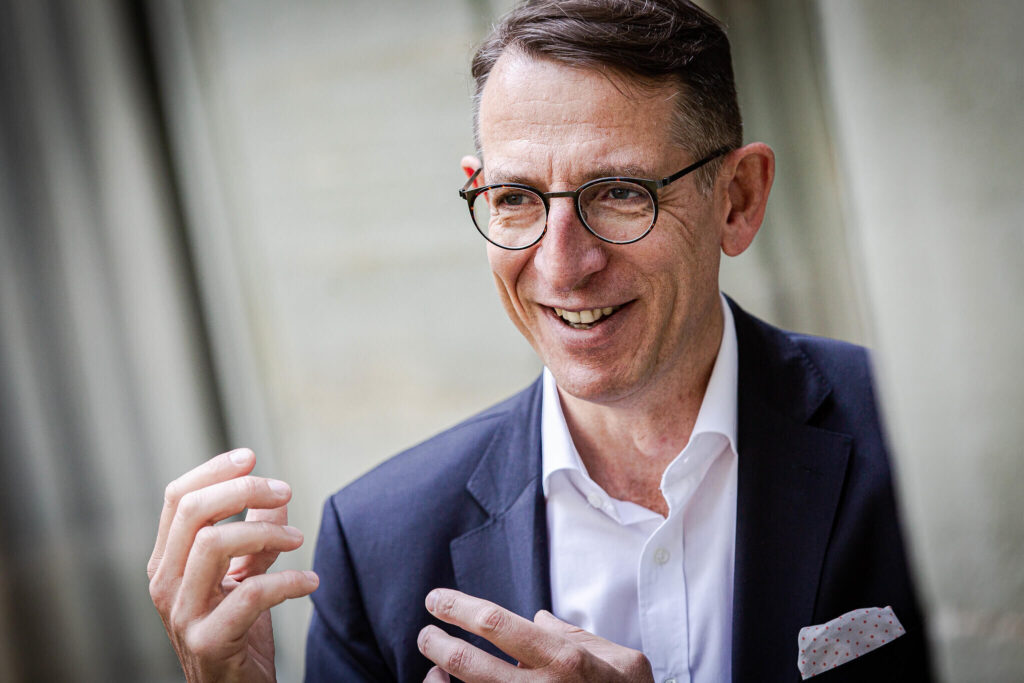
The Summit will host two sessions which capture the intricacies of this debate: Markets and Democracy: Friends of Foes?; and Embracing Cooperative Capitalism.
Chaired by Amber Batchelor, Managing Partner at Batchelor & Bradley Insights Group in the U.S., and Andres Hayes, President and CEO at Virginia-based Airtifae Group, they will explore how governments, businesses and communities can redefine prosperity through collaboration rather than competition.
Who’s speaking?
Luiz Cláudio Allemand
Allemand is a partner at Allemand Consultoria e Advocacia Empresarial in Brazil, which advocates for integrating Environmental, Social, and Governance (ESG) practices to foster accountability and justice within corporate structures, aligning business operations with democratic principles.
The lawyer attended last year’s summit in Vitória, Brazil, and in a subsequent article stated:
“Ethics, transparency, and integrity emerge as enduring sustainable mechanisms, becoming essential for a corporation’s success.”
For Horasis 2025, Allemand will speak in the Markets and Democracy: Friends or Foes? session. His extensive experience in legal and governance matters positions him as a compelling mind on the intersection of business practices and democratic institutions.
Nilton Lessa

As the founder and CTO of UBLE, an AI-powered platform that monitors and analyzes payment flow data in real time, Lessa is described by Richter as a “visionary bridging economic systems and governance”. He will tackle the Markets and Democracy: Friends or Foes? question.
Leesa has expressed a deep belief in collaboration and said: “I believe in the creative power of human beings and in the essential role of multicultural and plural social ecosystems built on collaboration and cooperation”.
Ana Fontes

Fontes founded Rede Mulher Empreendedora (RME) in Brazil 2010, the first and largest women entrepreneur support network in Brazil.
RME aims to empower women economically by providing access to qualified content, guidance, and a community of support. Since its launch, the platform has grown to impact the livelihoods of over 12 million women across Brazil.
Fontes’ work demonstrates how cooperative models can lead to sustainable economic development, especially when they focus on inclusion and collaboration. She will join the Embracing Cooperative Capitalism session.
Harish Consul

Consul is the founder and CEO of Ocgrow Ventures, one of Canada’s leading venture capital (VC) funds. Bringing over 35 years of experience in VC, real estate, and global innovation strategy, Consul has also backed breakout companies such as Amazon, Shopify, Coupang, Viome, and others.
Richter believes that “his commitment to team-building, wellness, education, and empowering changemakers makes him an extraordinary leader,” for which his participation in the Embracing Cooperative Capitalism session is one to watch.
Featured image: Human Rights Watch.


